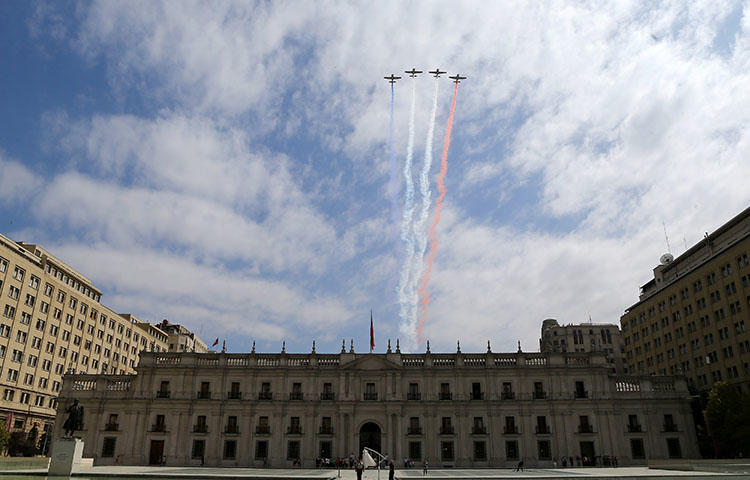Bogotá, March 12, 2018–The Committee to Protect Journalists today expressed its concern about reports that Chilean police spied on reporters as part of an intelligence operation in the southern La Araucanía region.
The independent Santiago-based Center for Investigative Journalism (CIPER) on March 7 reported that Chilean police intercepted calls, as well as WhatsApp and Telegram messages, between five journalists and their sources during the operation, which lasted from September 25, 2017 to January 20, 2018, and allegedly targeted leaders of the Mapuches, an indigenous group in the region.
CIPER’s investigation showed that Chile’s national police, the Carabineros, did not have judicial orders required by law to tap the journalists’ phones.
“Spying on reporters is a violation of the fundamental assumption that journalists will be able to protect their sources while reporting on issues of public interest,” said Natalie Southwick, CPJ’s Central and South America research associate. “This is a step backwards for a country that has made notable progress on press freedom since its return to democracy. We call on authorities to stop spying on journalists and ensure this is not a widespread practice among Chilean intelligence and law-enforcement services.”
The Carabineros communications office did not return CPJ’s phone calls requesting comment.
“This was totally illegal,” and the practice of the government spying on journalists had largely disappeared in Chile since dictator Augusto Pinochet stepped down in 1990, CIPER Executive Director Mónica González told CPJ. She said what CIPER has so far discovered about spying on journalists could be “just the tip of the iceberg.”
González said that the five journalists who were monitored work for the radio station Radio Bio Bio and the daily La Segunda, and the Mapuche community-focused news websites El Ciudadano, Werken, and Mapuexpress.
